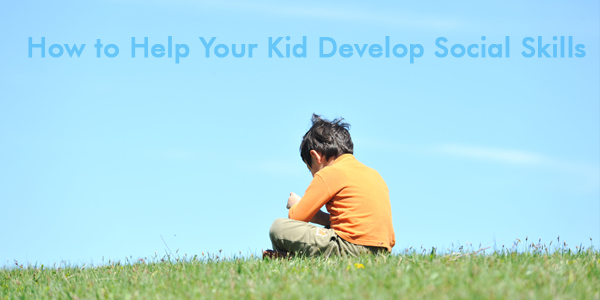Most of have gone through those awkward moments in our younger days when a seemingly long-lost uncle came a-visiting and your mum summoned you–from wherever you were taking refuge, having gone through the same routine several times before–to say hello to him.
You muttered under your breath, and proceeded to rack your brain with considerable urgency to search for any helpful information tucked away in the deep confines of your brain that might help you come out with flying colours in the family identification parade.
Your mother beamed at you with obvious pride in the initial stages of the said parade, while the uncle looked reasonably optimistic of you pulling this off. But alas, with each passing non-productive minute, your mother began to turn a delicate shade of purple, while the yet-to-be-identified uncle started mentally rehearsing nice things to say to diffuse the explosive situation.
You might be forgiven for failing to identify a fellow clan member whom you had neither met before in your young life, nor had any intention of meeting in future, if you could help it. Basically, you had no idea about suitable things you should say (or not say) to you uncle.
In your case, you exhibited a behavioural trait that could potentially have turned you into a recluse but for the timely intervention from your parents which helped you shed your dislike for meeting people. However, social awkwardness is a growing source of anxiety in many families.
Let’s see at what age do kids begin to mingle socially. The first indicator is how well the child gets along with other children in the school nursery because children generally get along with each other well and are only too willing to share things with others.
What are the signs of socially awkward child? Does your child lack social skills? Social skills is a broad subject, but here are behavioral patterns to look out for and how parents and teachers can lend the child a helping hand to acquire good social skills and develop confidence:
- Reluctance to meet new people: Discuss with the child why he/she feels reluctant to meet new people and ask them if the dislike is person specific or a general feeling.
- Not waiting for your turn in a conversation: Teach the child how to start a conversation and the importance of allowing others to air their point of view.
- Avoiding eye contact: Teach the child the importance of maintaining eye contact and explain to them how it is a sign of confidence which makes people trust you more.
- No sense of fair play: Teach your child how a person is judged by their good deeds and why it is necessary to play fair with those around you.
- Inability to recognize right and wrong: Explain to your child how a person will ultimately be known for the good deeds and how bad ones can get them into trouble.
- Lack of empathy: Enact different scenarios and ask the child how he/she would react in each situation. Judging by their response, parents and teachers can take suitable suggestions to the child about the correct way to respond in a given situation.
- Difficulty in making and retaining friends: Tell your child why good friends are invaluable. A good way to do this is by reading books on friendship, which are aplenty.
Finally, parents need to be patient in their approach. Encourage your child to have frequent social interactions with family and friends because kids learn best by observing others in action.
